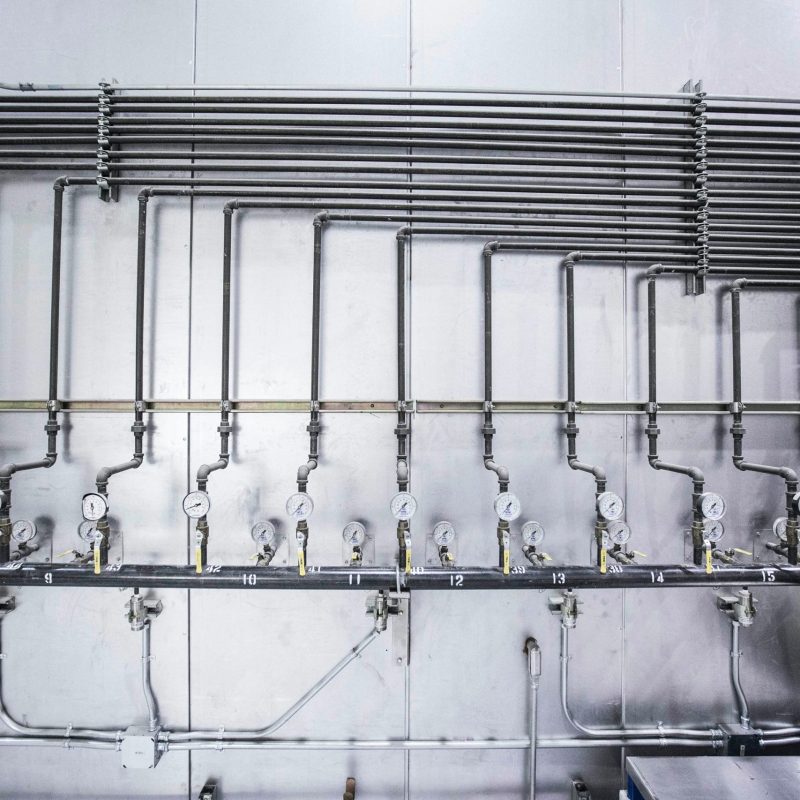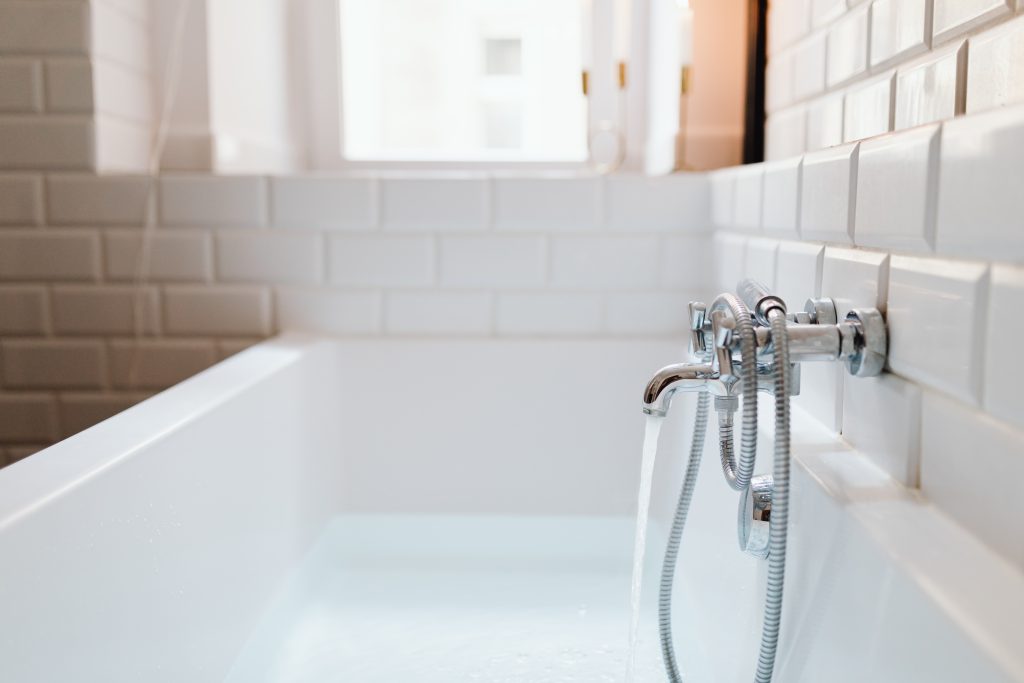Plumbing emergencies can strike at any time, and when they do, it’s important to act fast.
Plumbing systems
Without plumbing systems, our daily lives would be significantly affected, and our modern cities would not exist as they do today. Plumbers are the professionals who design, install, and maintain plumbing systems in homes, offices, and other buildings. In this article, we will take a look at the history of plumbing and how it has evolved over time, from ancient times to modern innovations.
Ancient
The earliest known plumbing systems date back to ancient civilizations like the Indus Valley and Mesopotamia, where they used simple pipes made of clay or stone to transport water to their homes.
Greeks
The Greeks and Romans further developed plumbing systems, with the Romans being particularly famous for their aqueducts, which transported water across long distances.
Renaissance
However, the Renaissance saw a resurgence in plumbing, with many wealthy households employing skilled plumbers to install and maintain their plumbing systems. Plumbers also worked on public projects like aqueducts, fountains, and sewers.
Middle Ages
The Middle Ages saw a decline in plumbing systems, with many cities in Europe relying on public fountains for their water supply. The Roman Empire's plumbing system included indoor plumbing, sewers, and public baths.
Revolution
The Industrial Revolution brought significant advances in plumbing technology, with the invention of modern plumbing materials like cast iron and galvanized steel pipes. The invention of the flush toilet by Thomas Crapper in the late 19th century revolutionized sanitation, and indoor plumbing became increasingly common in homes.

Modern plumbing
Modern plumbing has come a long way since the early days of clay pipes and aqueducts. Today, plumbers use a variety of materials like PVC and PEX pipes, which are durable, flexible, and easy to install. They also use advanced tools and techniques like video cameras to inspect pipes and locate leaks without damaging walls and floors.Sustainability is a major concern in modern plumbing, with many plumbers and plumbing companies focusing on eco-friendly plumbing solutions. These include low-flow toilets and showerheads, rainwater harvesting systems, and graywater recycling systems. Sustainable plumbing not only helps the environment but can also save homeowners money on their water bills.
professionals
Plumbers are essential professionals in modern society, responsible for installing, repairing, and maintaining plumbing systems. They work in various settings, including residential homes, commercial buildings, and industrial facilities. Plumbers are crucial in ensuring our cities have access to clean, safe water and efficient waste management systems. Without plumbers, our modern society would not be able to function as we know it.

